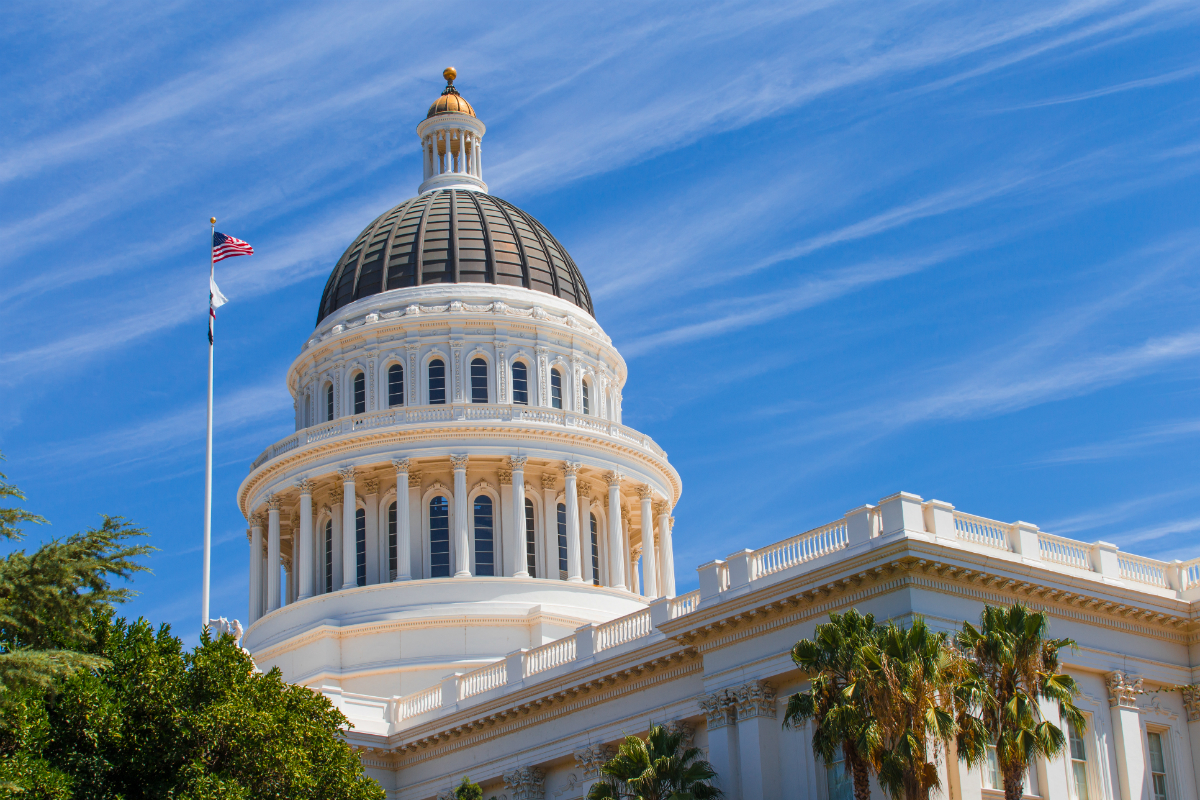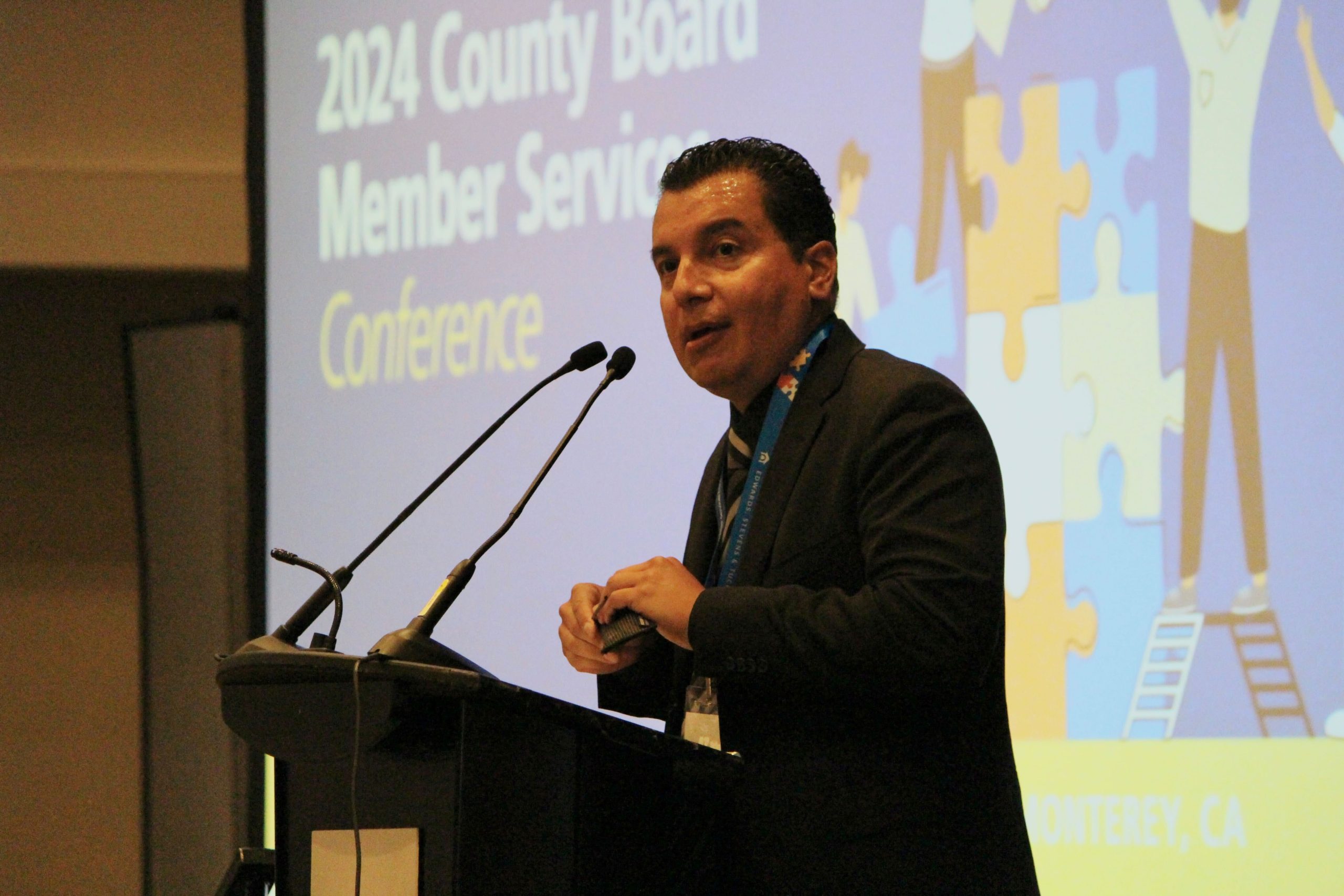On Tuesday, Feb. 26, Senate Bill 126 (Leyva and O’Donnell), a charter school transparency bill, passed the Assembly Education Committee with a 5-1 vote and was sent to the Assembly Floor, where it is likely to be taken up for a vote this week.
SB 126, authored by the two chairs of the Senate and Assembly Education Committees (Sen. Connie Leyva, D-Chino and Asm. Patrick O’Donnell, D-Long Beach) was heard and passed by the Senate last week and continues to move as breakneck pace toward the desk of Gov. Newsom, who has publicly declare his intent to sign charter school transparency legislation.
SB 126 states that charter schools and entities managing charter schools are subject to:
- The Ralph M. Brown Act (or the Bagley-Keene Open Meeting Act, if the charter school is operated by an entity which is governed by that act)
- The California Public Records Act
- The Political Reform Act of 1974
- Government Code 1090
Additionally, SB 126 includes specific meeting locations requirements for charter schools, depending on type (charters with multiple school sites, nonclassroom-based charters, and management organizations with schools in one county and in multiple counties). The California Charter Schools Association has a neutral position on the bill.
Additional bills introduced:
Assemblymember Al Muratsuchi (D-Torrance) has introduced Assembly Bill 39, which is a reintroduction of his AB 2808 from last year. The bill would increase the size of the LCFF base grant targets, in the effort to move California toward the national average in per-pupil funding ($11,799 for ADA in kindergarten & grades 1-3, $11,975 for grades 4-6, $12,332 grades 7 and 8 and $14,289 for grades 9-12). CSBA has signed on a cosponsor of this bill.
Several other bills which were not signed into law last year have already been reintroduced with similar or identical bill language to their 2018 counterparts, along with several new initiatives. CSBA does not have a formal position on any of the measures below as of this writing.
CSBA’s Legislative Committee will hold its first meeting this week to review newly-introduced legislation and formally adopt CSBA’s position on several new bills.
AB 751 (O’Donnell) – Pathways to College Act – Would allow LEAs the flexibility to administer an alternate assessment (such as the SAT or ACT) for 11th grade students in place of the Smarter Balanced Summative Test, if the alternate test has been approved by the Superintendent of Public Instruction. This bill is a reintroduction of AB 1951 (O’Donnell) from 2018, a bill vetoed by Gov. Brown. CSBA does not have a formal position as of this writing.
AB 575 (Weber, D-San Diego) – Local Control Funding Formula: Lowest Performing Pupil Subgroup or Subgroups – Would provide LCFF funding eligibility (contingent on appropriation from the Legislature) for California’s lowest-performing student subgroup or subgroups, based on math and language results from the California Assessment of Student Performance and Progress. This bill is a reintroduction of AB 2635 (Weber) from 2018; $300 million in one-time money for a competitive grant program was included in the 2018-19 budget act pursuant to that bill. CSBA does not have a formal position ow as of this writing.
SB 223 (Hill, D-San Mateo) – Pupil health: administration of medicinal cannabis: schoolsites – Would allow a parent or guardian to administer medical cannabis in a non-smoking and non-vaping form to their child on school grounds, if the child is a qualified cannabis patient with a doctor recommendation. The bill would allow governing boards to choose whether to opt-in to allowing medical cannabis on their campuses (boards would also have the ability to opt-out for any reason), and would not require any local educational agency staff to handle or administer medical cannabis. This bill is a reintroduction of SB 1127 (Hill) from 2018, which was vetoed by Gov. Brown. CSBA does not have a formal position as of this writing.
AB 1506 (McCarty, D-Sacramento) – Charter schools: statewide total – As proposed to be amended, AB 1506 would limit the maximum number of charter schools authorized to operate in the state – a specific number/limit on charters is not currently specified in the bill. CSBA does not have a formal position as of this writing.
AB 1507 (Smith, D-Santa Clarita) – Charter schools: location – Would prohibit a school district from authorizing a new charter school outside of its jurisdiction. CSBA does not have a formal position as of this writing.





